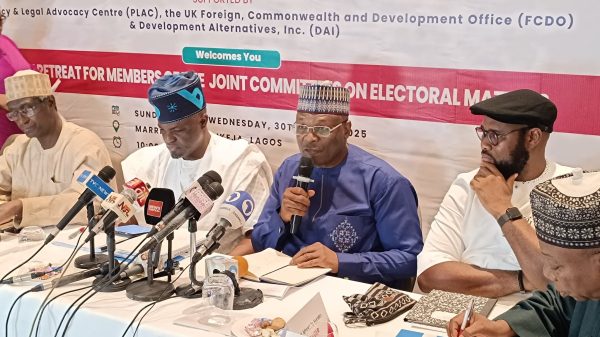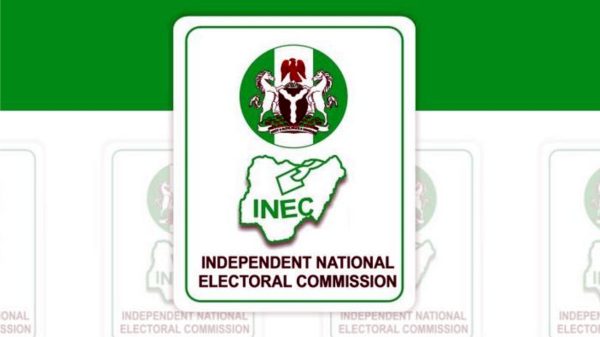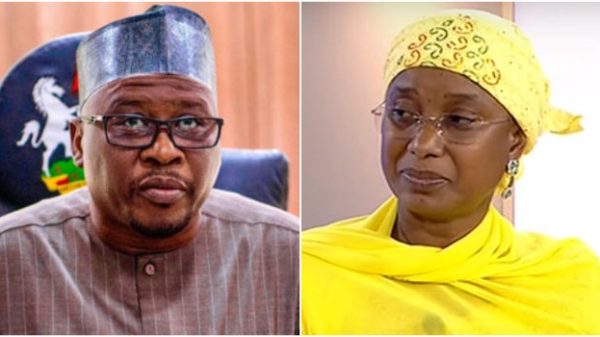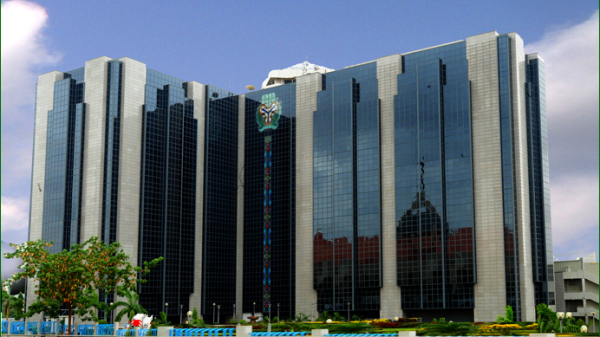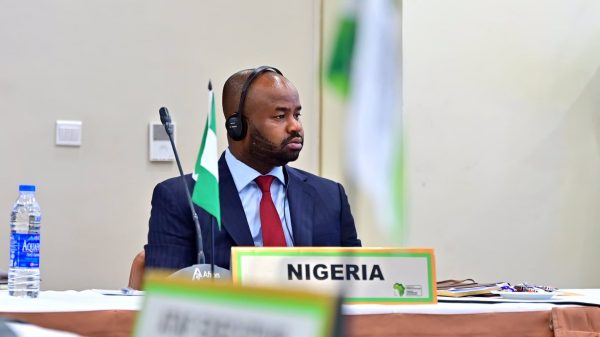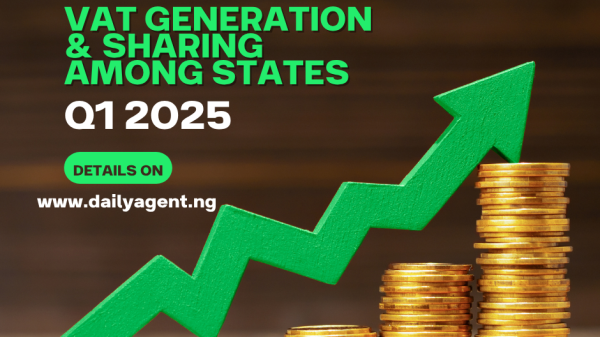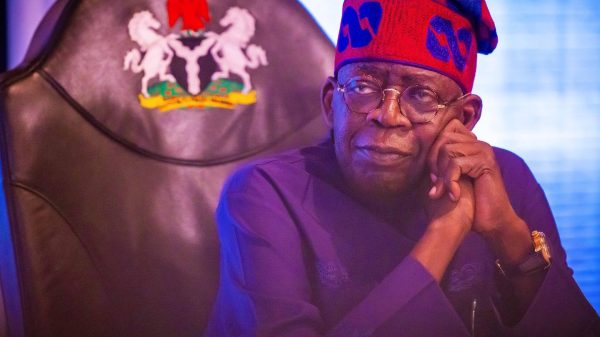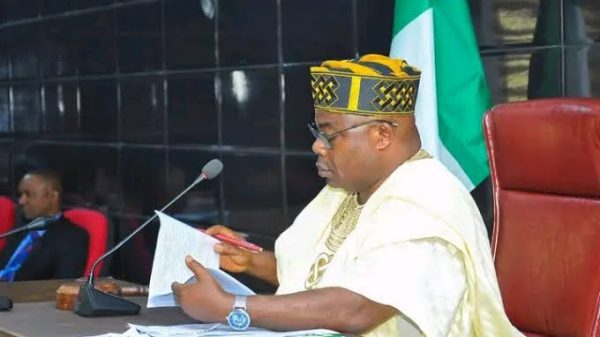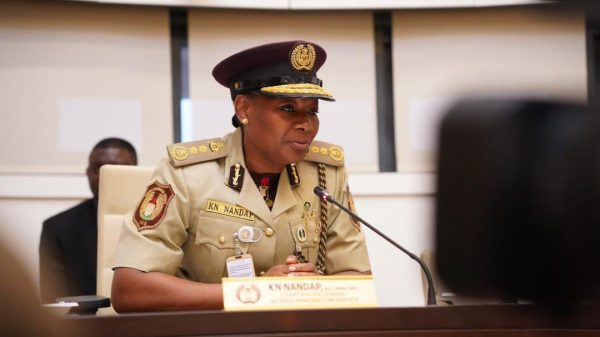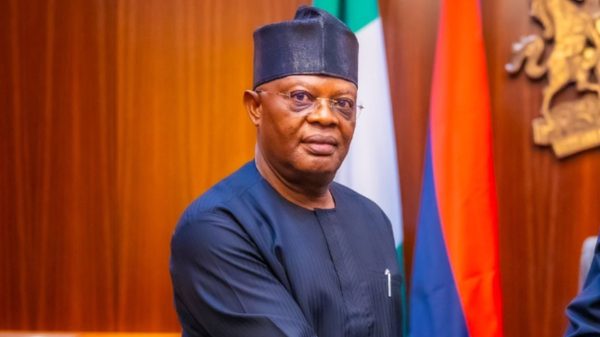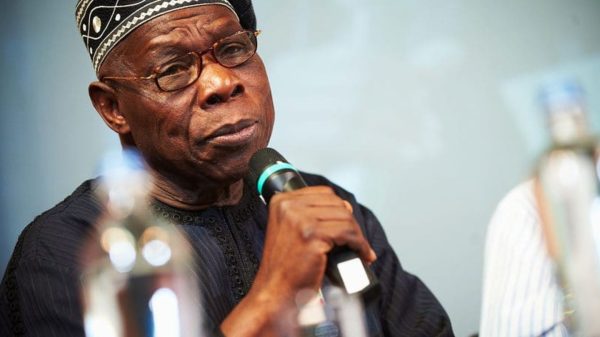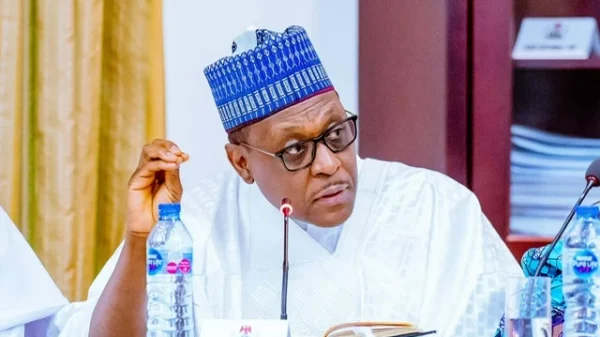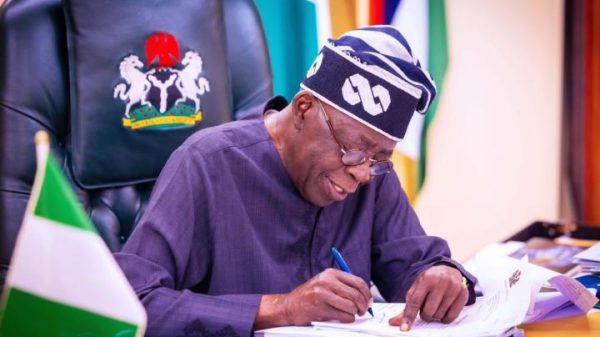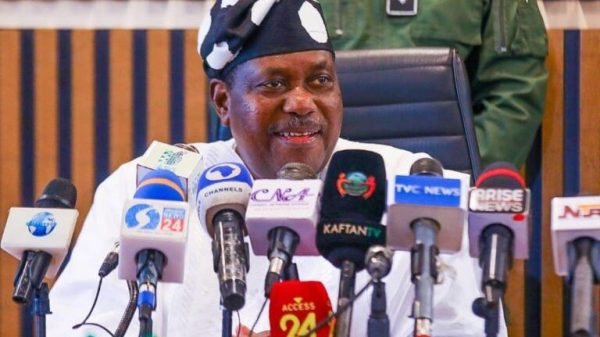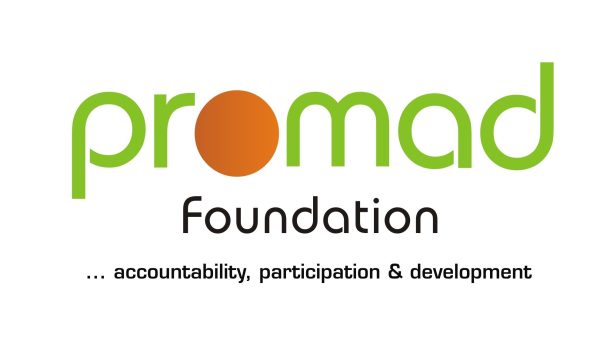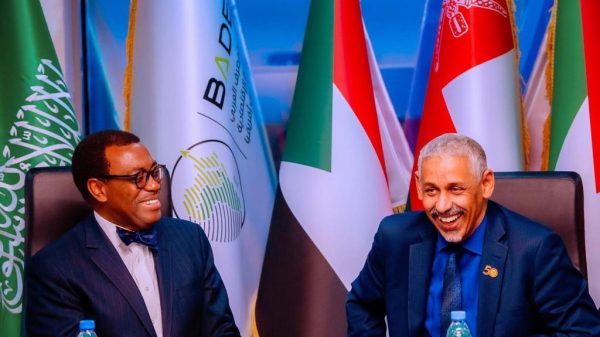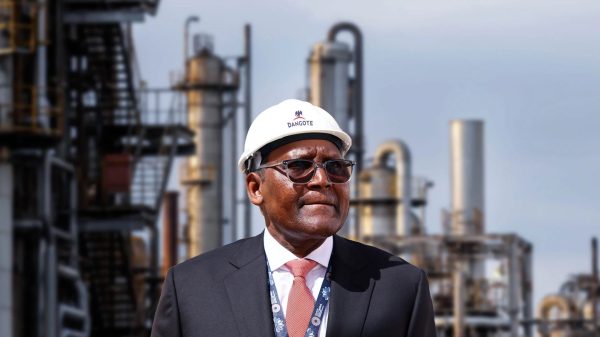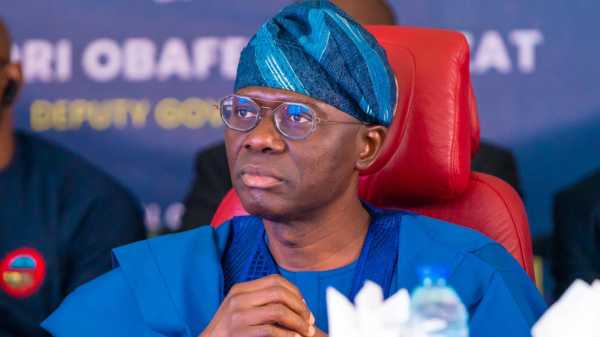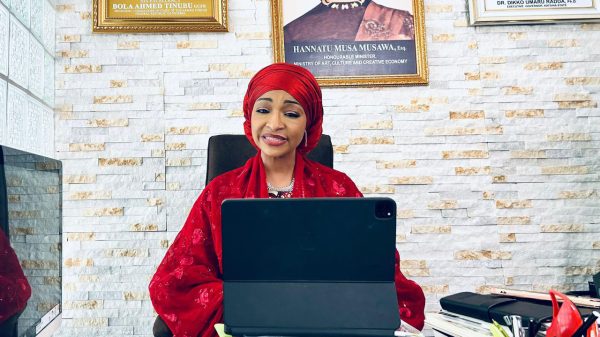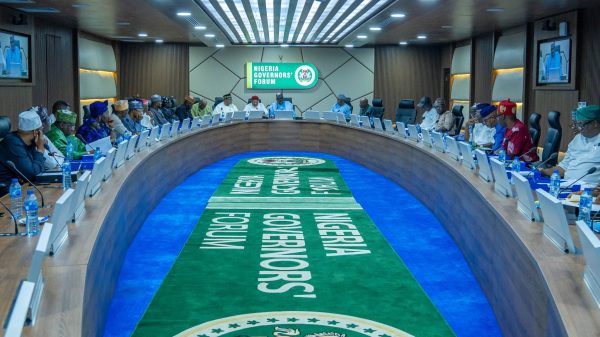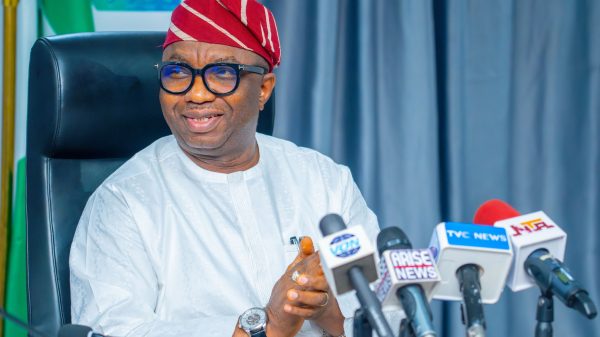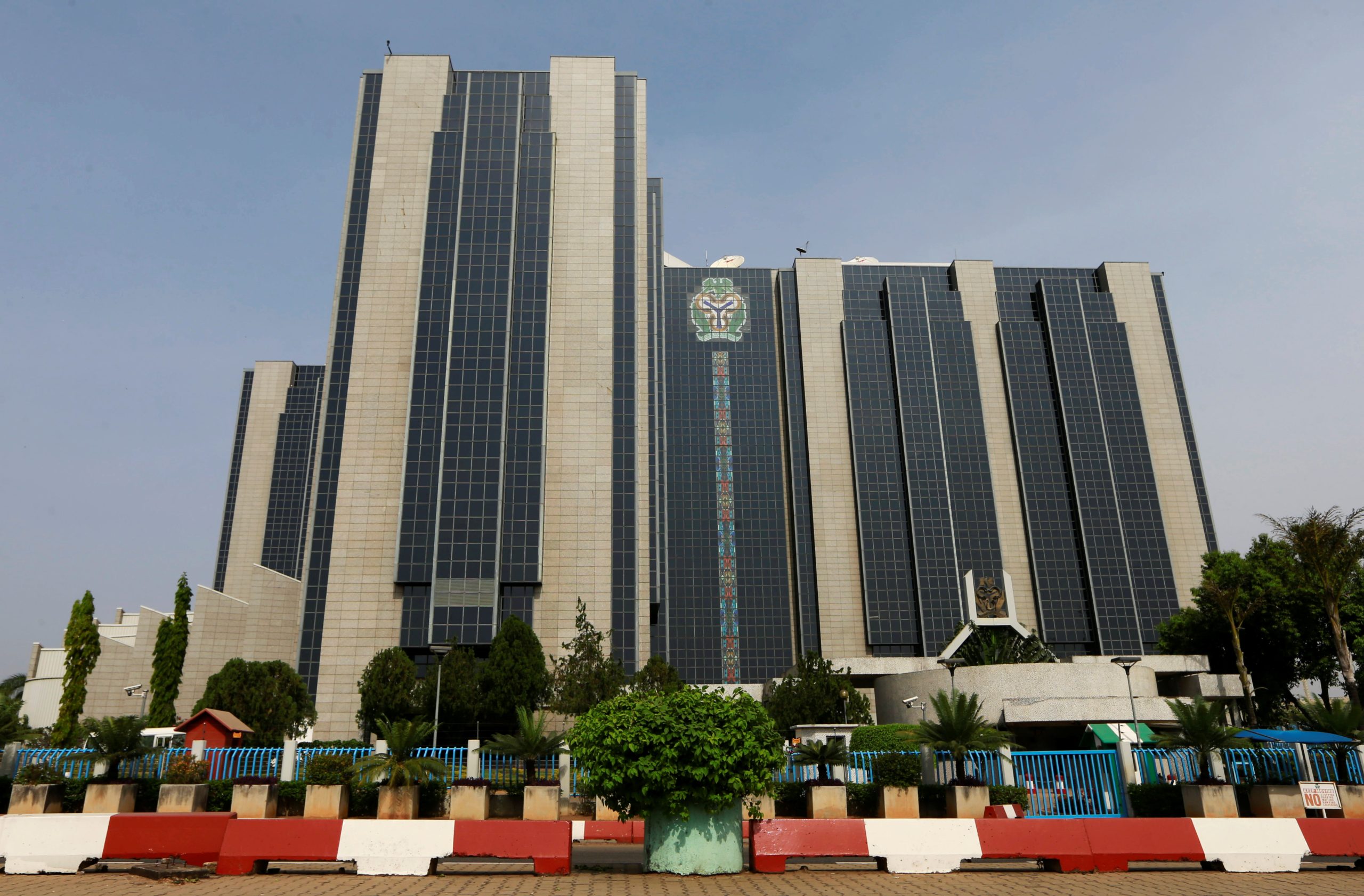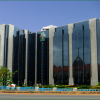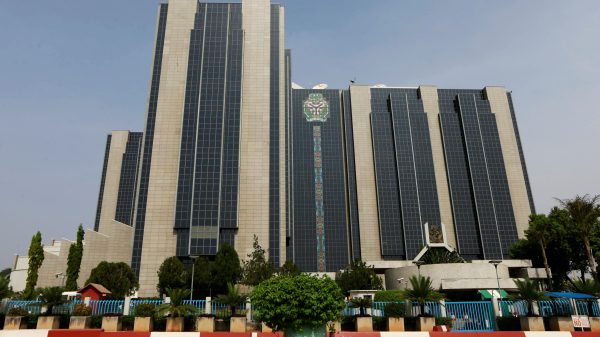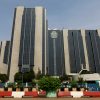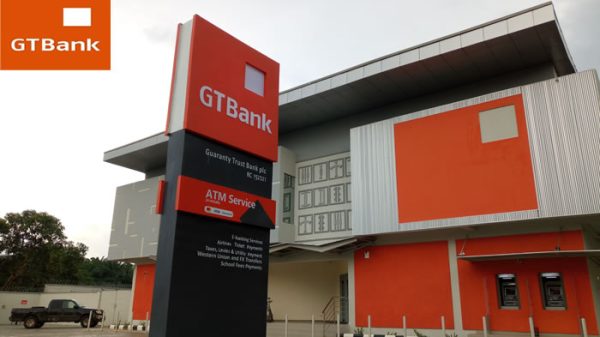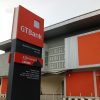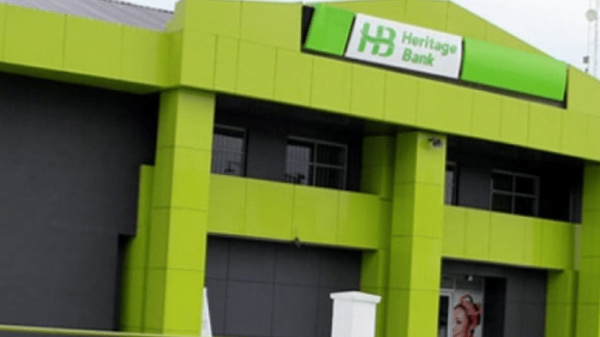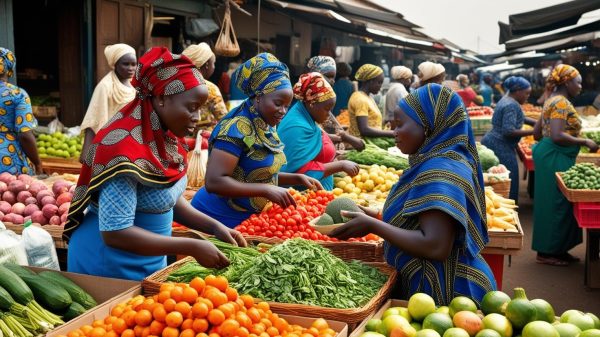Abuja, Nigeria
Olayemi Cardoso, Governor of the Central Bank of Nigeria, says the country’s interest rate remains 27.5%.
Cardoso stated this in Abuja on Tuesday at a media briefing after the 300th meeting of the Monetary Policy Committee (MPC) of the apex bank.
The MPC is responsible for setting the Monetary Policy Rate (MPR), which currently benchmarks Nigeria’s interest rates at 27.5%.
The CBN governor said the decision to retain the interest rate was unanimous among the members of the MPC.
The committee maintained the cash reserve ratio (CRR) at 50 percent and the liquidity ratio at 30 percent.
“MPC noted the relative improvements in some key macroeconomic indicators expected to support the overall moderation in crisis in the near to medium term,” he said.
“These include the progressive narrowing of the gap between the Nigerian foreign exchange market, bureau de change (BDC) windows, the positive balance of payments position and the easy price of PMS.
“The members also noted with satisfaction the progressive moderation in food inflation and, therefore, commended the government for implementing measures to increase food supply, as well as stepping up the fight against insecurity, especially in farming communities.
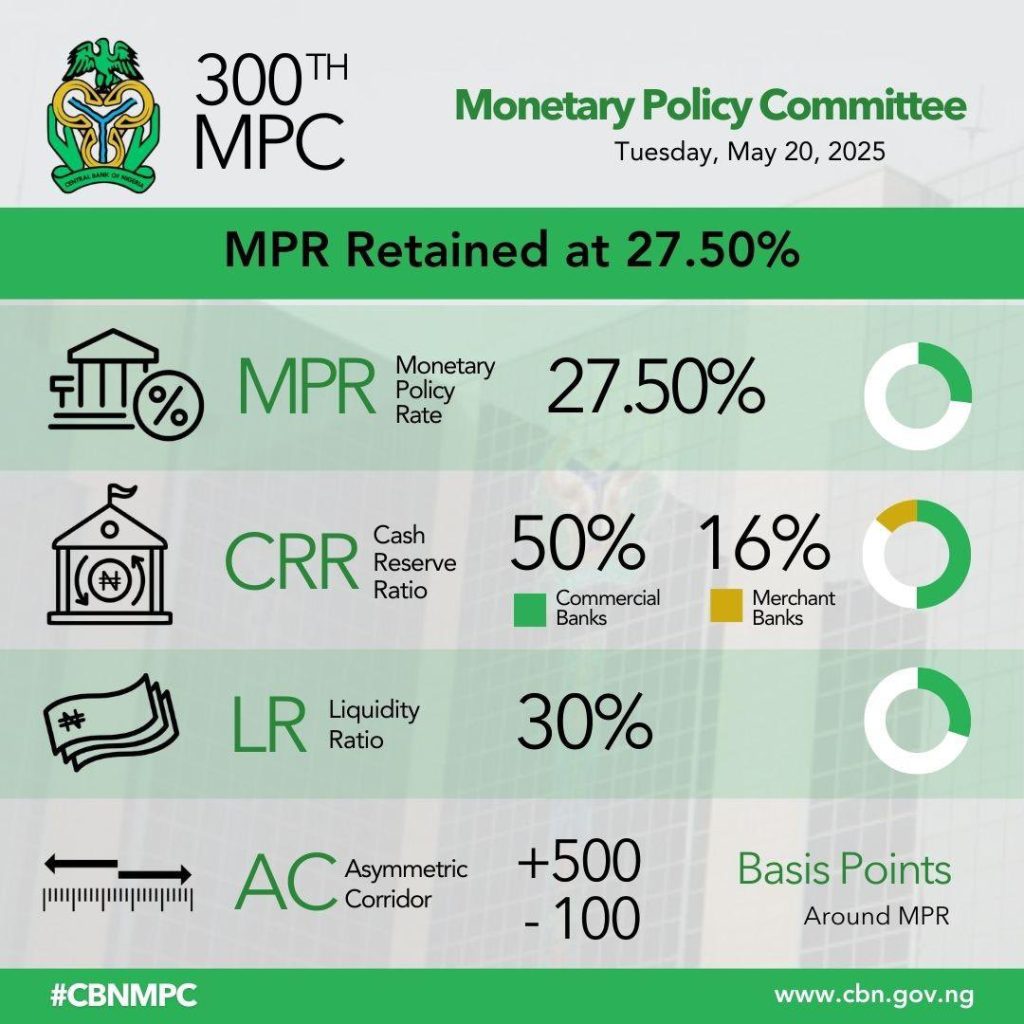
“The committee thus encouraged security agencies to sustain the momentum while the government provides necessary inputs to farmers to further boost food production.”
However, the CBN governor stated that the committee recognized underlying inflationary pressures, primarily driven by high electricity costs, sustained foreign exchange demand and pressure, as well as other longstanding structural factors.
“The MPC noted new policies introduced by the federal government to boost local production, reduce foreign currency demand pressures, and thus lessen the pass-through to domestic crisis,” he said.
“Given the relative stability observed in the foreign exchange market, members urged the bank to sustain the implementation of the ongoing reforms to further boost market confidence.”
The apex bank chief also called on the fiscal authority to strengthen efforts to enhance foreign exchange earnings, especially from oil and non-oil exports, adding that the sectors are “beginning to yield great returns”.







